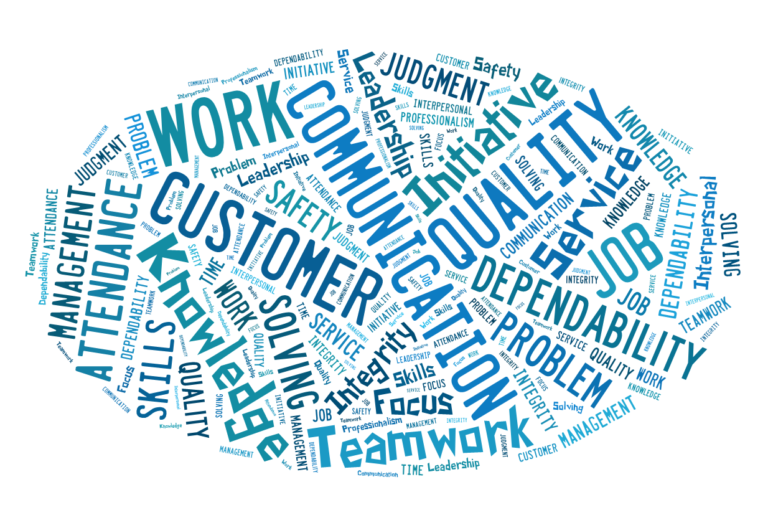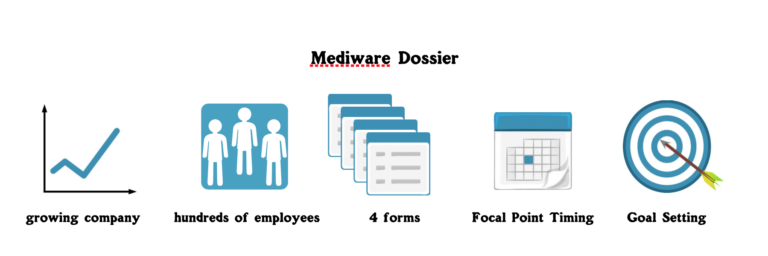Positive Online Performance Appraisals: ACME’s Success
Posted by Julie • November 21, 2014 (Last modified July 29, 2018) • 2 min read
I’m embarking on a series of interviews to uncover stories about positive online performance appraisals and the stories behind the success. This is the first story!
About a month ago, I interviewed a large customer to find out why their performance appraisal cycle seemed to work. We noticed their appraisals are done on time, they are done consistently, and managers complete the appraisals.
I can’t tell you the name of this customer (there are other stories where I will share the customer name) because this customer has had some internal changes lately and while they were open to me retelling the content of the story, they asked that I do it without sharing their name. I can tell you, this is a large manufacturing company that makes products you’d recognize. For the sake of this article, let’s call it ACME Corp.
What’s their secret to positive online performance appraisals?
A member of ACME’s HR team, I’ll call her “Lisa”, said their success was evolutionary. Back when, employees were given regular step increases in pay. There was growing sentiment amongst employees that top performers and lower performing employees were treated in the same way. All employees received step increases in pay regardless of performance.
Employees began to ask, “Why should I work so hard when so-and-so does half as much and makes the same as me?”
So, ACME conducted focus groups of employees. The discussions revealed that employees supported a pay-for-performance model. This aligned with management’s thoughts, too.
The employees wanted to be measured and rewarded accordingly. They asked to be measured with regular performance appraisals. There had been appraisals in the past, but they happened with less regularity.
ACME decided to build an appraisal form to meet their needs. They decided to do focal point appraisals (all at the same time.) Everyone would be measured on only 4 competencies: Safety, Attendance, Job Knowledge, and Flexibility. A simple four things would do.
Hourly employees would also receive a checklist of things they needed to do. There was room on the form for salary-based employees to have more “project-based” expectations. Management and HR determined the timelines, and established calibration meetings.
Now, ACME conducts appraisals every 6 months, allowing employees the opportunity to earn their incentives twice per year.
Don't Miss Out on More Great HR Articles!
Subscribe to get the latest, greatest HR and Talent Development content straight to your inbox.


